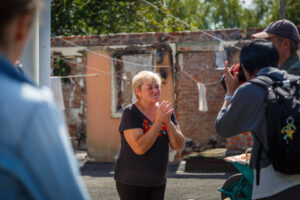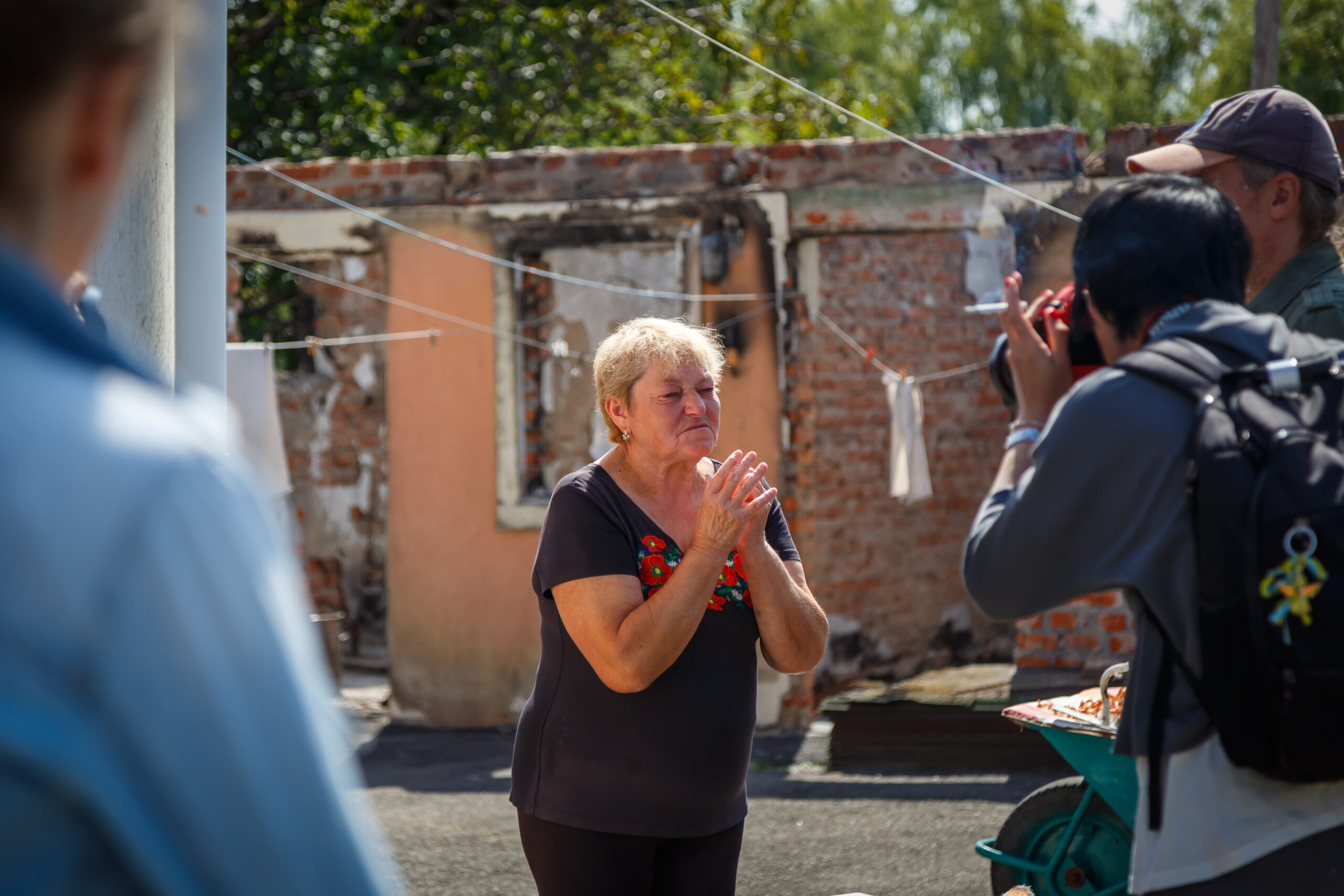The Leadership of Women Transforming Community Health

Groups of women who often began by organizing communal soup kitchens in response to food scarcity now play a fundamental role in holistic community care.
Outside major cities, where access to services is often limited, new forms of response are emerging—led by quiet leaders who are reshaping the concept of public health. These are women who, without official titles or large budgets, sustain through daily work networks of support, prevention, and care that save lives.
Their work demonstrates that improvements in community health are not always the result of government policies, but rather of human and collective commitment—often spearheaded by women.
The Powerful Face of Neighborhood Health
In the shantytowns, informal settlements, and working-class neighborhoods of Latin America, the figure of the community health promoter or local leader represents proximity, empathy, and action. These women—often mothers, neighbors, and caregivers—know every story and every urgency in their community: the undernourished child, the grandmother with uncontrolled diabetes, the teenager without access to contraception, the elderly man who needs someone to accompany him to a medical appointment. And they are there, with them.
Their leadership often arises out of necessity, particularly the need to respond to health-related emergencies. Their work rarely appears in official reports, yet it is decisive in ensuring that public health programs reach those in need on time.
These initiatives form the first link in the healthcare chain in contexts where medical centers are distant or overwhelmed. They accompany residents to medical checkups, schedule appointments, coordinate with hospitals, and even mediate with government agencies.
In doing so, they become the voice of vulnerable communities—drawing on a combination of local knowledge, empathy, and a deep sense of service.
Trust is one of the key pillars of public health, and these women build it every day. Unlike formal institutions, their legitimacy does not come from professional credentials but from their community track record: they listen without judgment, guide without imposition, and promote participation.
That closeness proved vital during the COVID-19 pandemic, when misinformation and fear spread rapidly, causing personal and social crises. In neighborhoods such as Villa 31 in Buenos Aires or the favelas of Rio de Janeiro, women organized networks to distribute food, secure access to drinking water, and support isolated families.
They also played a crucial role in disseminating reliable information about vaccination and prevention—often translating official messages into accessible and culturally relevant language. In this way, community health became a key tool that integrates emotional care, health education, and solidarity.
From Emergency Response to Transformation
Although these leaderships often arise from crisis, over time they take on a transformative dimension. Many of these women pursue training in first aid, sexual and reproductive health, nutrition, or community management. Some later join municipal or provincial programs, while others go on to found their own organizations.
A notable example is the Red de Mujeres del Barrio San Jorge in Santa Fe, Argentina. What began as a grassroots effort to organize communal meals has evolved into the coordination of workshops on menstrual health, gender violence prevention, and chronic disease management.
This kind of empowerment not only improves health indicators but also strengthens the social fabric—and the personal one. Communities with active female leadership tend to show higher levels of civic engagement and a greater capacity to sustain solidarity networks, particularly in times of economic or political crisis.
These women bring to the table an understanding that many public policies still fail to incorporate: the intersection of gender, territory, and health. Their holistic approach spans physical and emotional well-being, nutrition, and sexual education. Moreover, they see health as inseparable from dignified housing, clean water, and decent work. Their approach combines practical management with community education.
However, despite their positive impact, these forms of women’s leadership often remain invisible within formal structures. Many work without pay and without access to healthcare for themselves, even as they uphold much of the community’s preventive and care infrastructure.
International organizations, such as the Pan American Health Organization (PAHO), have begun to recognize the value of women-led community networks in improving public health. Yet there is still a long way to go for their work to be translated into sustainable policies—supported with training, resources, and decision-making power.
Redefining Health from the Ground Up
The leadership of women in community health is not an isolated phenomenon but part of a broader shift redefining healthcare management from the ground up. In territories where the State is absent—or slow to arrive—communities find ways to organize care collectively.
Their work shows that health is not only a right to be guaranteed but also a collective practice—something exercised, shared, and taught. In every neighborhood, there is a woman leading a communal kitchen, a children’s meal program, a small health outpost, or a support network.
They are the living proof that community care is built from the ground up—and that the path to public health often begins in the hands of women.


